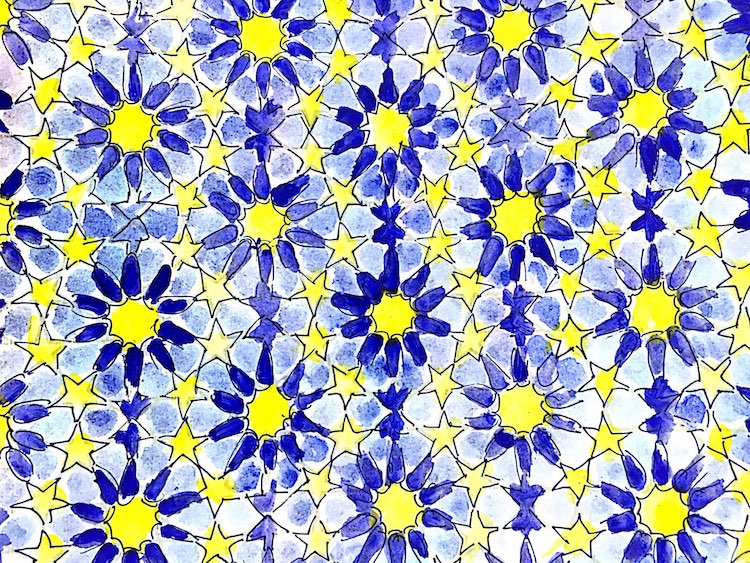As an international student who came to McGill from a high school in Kuwait, I have experienced my fair share of culture shock. However, the hardest part about coming to McGill wasn’t moving into residence, leaving my family, or even the academic stress: It was the racism. As a queer Arab man, I’ve dealt with microaggressions, fetishization, and other forms of blatant racism since the first day of Frosh, from weird Tinder messages about being Middle Eastern to being yelled at on Ste. Catherine to go back to where I came from. When I started at McGill I told myself that I wouldn’t join an Arab or cultural students’ association because it was too predictable. I wanted to be more than my Arab identity.
After two semesters of constant othering, I learned to appreciate my Arab identity and felt the need to support other people of colour who were in similar situations. I was ecstatic when I found out that the Arab Students’ Association at McGill had been elevated to the status of a full-fledged network. Although my role as a committee member was short-lived, I was excited to finally find a space where I thought I could be unapologetically Arab. But, my joy was brief, and the image of the Arab Student Network (ASN) that I loved was one that I quickly began to question.
Although I believe that the ASN is a necessary service, its current management does not offer Arab students the support they need. In an interview with The McGill Daily, the president of the ASN, Karim Atassi, said that the purpose of the network is to direct Arab resources to all students on campus, and to broadcast ‘secular’ and ‘fun’ aspects of Arab culture for all students to enjoy.
This mandate aims to create a more ‘palatable’ Arab identity, encouraging the appropriation and whitewashing of Arab culture to conform to superficial desires of popular culture like music, partying, and food. Instead of hosting parties and offering discounts to restaurants, the ASN should facilitate resources for Arab students who, like myself, experience intense marginalization on and off campus. The ASN should adopt a similar mandate as that of the Black Student Network at McGill, which encompasses sensitizing the McGill community to issues concerning black people and working toward making campus safe for the well-being and mental health of black students.
The ASN is explicitly apolitical. Remaining neutral, however, is a stance in itself. In my experiences as an Arab in Canada, day-to-day life and politics are inextricable from one another. Being Lebanese, at any point in my life I know someone affected by conflict. My siblings fled Lebanon as refugees during the 2006 war; and my aunt struggles to return to her hometown of Damascus because of the ongoing civil war. It is extremely discomfitting to know that the main Arab student group on campus makes it difficult to express the political aspects of my identity and how they inevitably affect my life on campus.
Many of ASN’s services, such as a SSMU mini-course in colloquial Levantine Arabic which teaches students the seemingly ‘most widely used Arabic dialect on campus,’ and encompasses dialects used mainly in Lebanon and Syria, are exclusive and geared toward non-Arab students. As a Lebanese-dialect-speaking Arab, I can acknowledge that I have elements of Levantine privilege. Within the national hierarchies of the Middle East, people from the Levant are considered to be closest to white-passing, and our dialects are perceived to be the easiest and softest to the ear. ‘Rougher’ dialects are usually not considered to be as beautiful or poetic, making the ASN’s intentional choice to teach a softer and romanticized Arabic dialect an exclusionary one to most of the Arab world.
Last year, hate crimes reached an all time high in Canada. The Coalition Avenir Quebec (CAQ) and Premier Francois Legault’s harsh anti-immigration stance only contribute to an already hostile environment. The ASN’s whitewashed mandate lacks discussion circles and safe spaces targeted to my experience. I need a place on campus in which I am able to freely express my identity without that fear, and, sadly, ASN is currently not that place.









